What is Addiction?
There are many definitions as the mental health community is debating whether addiction is a disease or a result of trauma. AS always, we avoid these rigid boxes and ask the questions…
Maybe it’s both?
Maybe each individuals experience is different?
“Addiction is a treatable, chronic medical disease involving complex interactions among brain circuits, genetics, the environment, and an individual’s life experiences. People with addiction use substances or engage in behaviors that become compulsive and often continue despite harmful consequences”
“My definition of addiction is any behavior that gives you temporary relief, temporary pleasure, but in the long term causes harm, has some negative consequences and you can’t give it up, despite those negative consequences. And from that perspective, you can understand that there are many, many addictions”
The Diagnostic and Statistical Manual, DSM-V, uses the presence of these criteria, over the last 12 months, to diagnose a substance use disorder. Check all that apply.
Hazardous use:
You've used the substance in ways that are dangerous to yourself and/or others, i.e., overdosed, driven while under the influence, or blacked out.
Social or interpersonal problems related to use:
Your substance use has caused relationship problems or conflicts with others.
Neglected major roles to use:
You've failed to meet your responsibilities at work, school, or home because of your substance use.
Withdrawal:
When you've stopped using the substance, you've experienced withdrawal symptoms.
Tolerance:
You've built up a tolerance to the substance so that you have to use more to get the same effect.
Used larger amounts/longer: You've started to use larger amounts or use the substance for longer amounts of time.
Repeated attempts to control use or quit: You've tried to cut back or quit entirely, but haven't been successful.
Much time spent using: You spend a lot of your time using the substance.
Physical or psychological problems related to use: Your substance use has led to physical health problems like liver damage or lung cancer, or psychological issues, such as depression or anxiety.
Activities given up to use: You've skipped activities or stopped doing activities you once enjoyed in order to use the substance.
Craving: You've experienced cravings for the substance.
Addiction is a spectrum disorder ranging from mild to severe. Only a licensed medical or mental health professional can diagnose you with a substance use disorder.
2-3: You may meet the criteria for a mild substance use disorder.
4-5: You may meet the criteria for a moderate substance use disorder.
6-11: You may meet the criteria for a severe substance use disorder.

